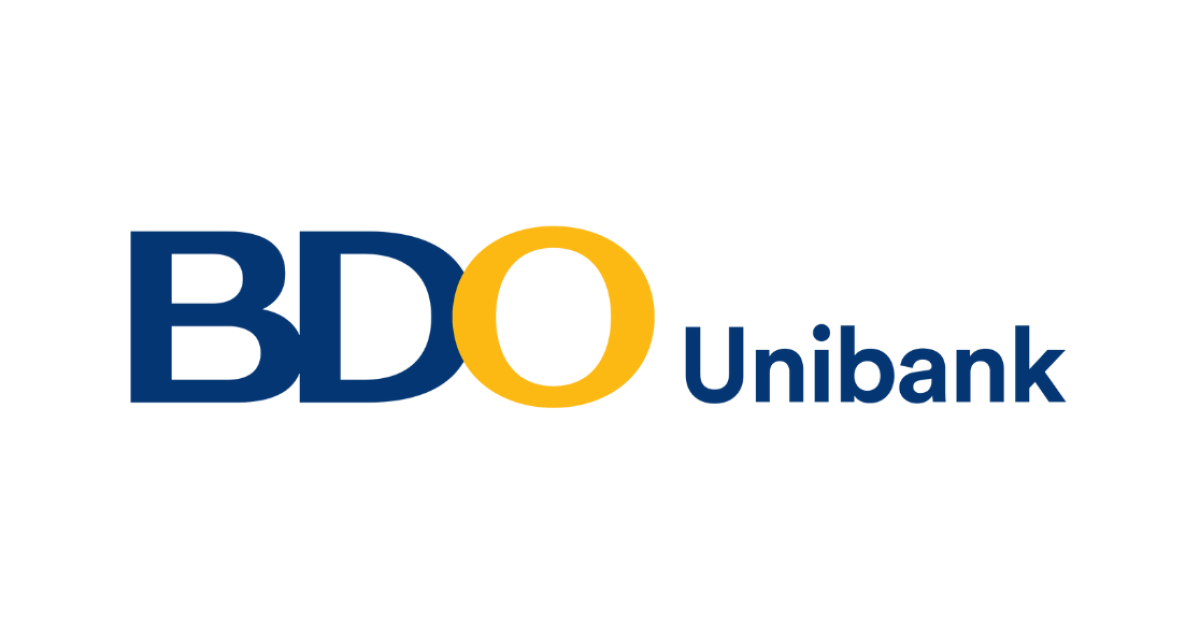Imagine your income is a river that flows in strong and steady—but your savings is a pond that somehow never grows. Each payday, money arrives—with promise—but by the time the next one comes, the pond is still shallow. You start thinking: Wait, did it even rain?
That’s the “payday paradox.” Even when the wages climb, your bank balance doesn’t. It’s not always about bad math; sometimes your habits, environment, and expectations are the invisible leaks.
In recent years, easy access to credit cards and personal loans in the Philippines has made it even trickier. These tools can be empowering when managed wisely—but they also create the illusion of affordability. You might be earning more, but with higher limits and easier swipes, expenses quietly expand too.
You’re not the only one. In fact, 78% of Filipino workers still live paycheck to paycheck despite rising wages.
In this article, we go beyond the blame game. We look at why this happens (especially in the Philippine context), and more importantly — what you can do to start plugging those leaks, one step at a time.

Lifestyle Inflation 101
When income increases, many of us subconsciously “upgrade” our lives to match. That kitten-toy phone now becomes a flagship model. Lunch from the carinderia becomes a designer cafe. That modest apartment becomes a condo with amenities. Here’s how it tends to play out:
Earning More → Spending More
As paychecks grow, many feel entitled to upgrade their standard of living. It feels like being successful—but often, those upgrades come with hidden costs (maintenance, subscriptions, travel, etc.). This is the classic lifestyle inflation trap.
Subscription Creep & the Hidden Drains
Sometimes it’s the small things that kill your cash flow:
When you don’t notice these drips, that rising tide of salary doesn’t raise all boats.
According to EastWest Bank’s blog, recognizing creeping lifestyle inflation early is key before it erodes your gains. EastWest Bank

The Filipino Reality
To fully understand why many in the PH feel perpetually cash-strapped, you have to view things in our cultural lens.
Extended Family & Social Expectations
In the Philippines, success isn’t just personal. You may be responsible (or feel obligated) to support siblings, parents, or relatives. Birthdays, fiestas, weddings — they all expect contributions (or “padala”). These are emotional as much as financial. Saying “no” often feels socially awkward.
Festive Culture & “Dapat May” Mindset
There’s a cultural pressure to keep up: dapat may bagong damit tuwing Pasko, dapat may regalo sa inaanak, etc. Overspending in December or during fiestas becomes normalized—even expected.
The 13th-Month Effect: Income Comes Fast, Disappears Faster
That lump sum 13th-month pay often feels like a windfall. But many treat it like extra disposable income (travel, shopping spree), rather than using it for debt, buffer, or long-term goals. It disappears faster than it arrived.
In short: even if your base salary rises, your obligations scale up too.

Breaking the Cycle
You don’t have to remain stuck in the paycheck-to-paycheck loop. Here are actionable steps to shift momentum.
1. Automate Savings Before You Spend
Treat saving as a non-negotiable expense. The moment your salary arrives, funnel a fixed percentage (e.g. 10–20%) into a separate “no-touch” account or instrument (time deposit, mutual funds, etc.). Do this before paying bills or discretionary spending.
This “pay yourself first” strategy is one of the most recommended in PH budgeting advice. BPI AIA
2. Distinguish Between Rewards & Replacements
- Reward = occasional treat for a job well done (e.g. dinner out after completing a big project).
- Replacement = using purchases to soothe stress, boredom, or emotion (e.g. shopping when sad).
Before buying, ask: Is this a reward or replacing something else? If it's a replacement, pause, reflect, and maybe find a free or low-cost alternative.
3. Use Apps, Trackers & Alerts for Awareness
You can’t fix what you don’t measure. Use mobile apps (or your bank’s expense tracker) to monitor spending by category. Some banks or fintech apps support alerting (e.g. when you’ve spent X in food this month).
Also consider simple hacks like envelope budgeting (allocate fixed amounts in categories).
4. Revisit & Rebalance After Salary Bumps
Whenever you get a raise or bonus, don’t let the entirety go into your lifestyle. Increase your savings allocation first, then rein in discretionary upgrades.
5. Communicate & Set Boundaries (For Family Pressure)
You don’t have to bear guilt alone. Open honest conversations with family about your limits. Offer alternative ways to support (e.g. non-monetary help). Gradually, you can reset expectations.




Conclusion
Feeling broke even on a rising salary isn’t a moral failure. It’s often a warning light—a signal that your internal systems (money habits, social pressure, spending triggers) are misaligned with your income trajectory.
By automating your priorities, cultivating spending awareness, and intentionally redefining what “reward” means, you can begin converting that river of income into a growing pond of savings.
At Finmerkado, we’re all about helping Filipino employees take control of their finances—earning, spending, and saving with purpose. Start small. Adjust often. You don’t need to be perfect; you just need to tilt the scales in your favor.
References & Sources
- People Matters SEA – Broke Despite the Boom: The Philippine Paycheck Paradox Businesses Ignore at Their Peril.
https://sea.peoplemattersglobal.com/article/compensation-benefits/broke-despite-the-boom-the-philippine-paycheck-paradox-businesses-ignore-at-their-peril - EastWest Bank Blog – How to Tell If Lifestyle Inflation Is Holding You Back from a Secure Financial Future.
https://www.eastwestbanker.com/blogs/how-tell-if-lifestyle-inflation-holding-you-back-secure-financial-future - Bangko Sentral ng Pilipinas (BSP) – Financial Inclusion and Household Spending Patterns in the Philippines.
https://www.bsp.gov.ph/SitePages/MediaAndResearch/ReportsAndPublications.aspx - BPI AIA – Best Budgeting Strategies for Filipino Employees.
https://www.bpi-aia.com.ph/en/about-us/articles/building-my-wealth/best-budgeting-strategies - Philippine Statistics Authority (PSA) – Average Family Income and Expenditure Survey Highlights.
https://psa.gov.ph/content/family-income-and-expenditure-survey
Frequently Asked Questions
Because lifestyle inflation, family obligations, and subscription creep often scale with income, eroding gains.
A common rule is 10–20% of your income, but even 5% is better than zero. Gradually increase it over time.
Focus on your own goals, set boundaries, and celebrate non-material wins. Social comparison is a silent budget killer.
Yes—many PH banks and fintech platforms now offer built-in spend tracking and alerts. If your bank doesn’t, third-party apps can help.
Allocate parts of it to (a) debt clearance, (b) emergency fund, and (c) a small “fun fund.” Only a small portion should go to pure discretionary spending.

Maya Philippines, Inc. prioritizes speed and efficiency. The minute-long online application process lets people apply and get approved swiftly. Once accepted, cash are quickly delivered to the customer's bank account, demonstrating the company's commitment to fast service, especially for repeat customers.
BPI Signature Card

- Earn 2 BPI points for every ₱20 spend
- Get up to ₱20 million free travel accident and inconvenience benefit
- Enjoy complimentary access for you and one guest at PAGSS international lounges in NAIA 1 and NAIA 3
- Get exclusive 50% off deals on dining, hotels, resorts, fitness studios, and wellness centers, all year round
- Ideal for frequent travelers
Metrobank Rewards Plus Card

- Double rewards points on ALL online, gadget, and telco spend
- Earn 1 never-expiring point for every ₱20 spend
- Ideal for online shoppers and tech enthusiasts
Metrobank Travel Platinum Card

- Exclusive welcome gift for New-to-Metrobank credit cardholders
- Earn miles quickly with the Metrobank Travel Platinum Card
- Receive 1 mile for every ₱17 spent on airlines, hotels, and foreign currency transactions
- Earn 1 mile for every ₱50 spent on other categories
- Triple rewards on local airlines, hotel accomodation and international spending
- Enjoy a FREE first supplementary credit card
- Ideal for frequent travelers looking to maximize their rewards
BDO Unibank Personal Loan

BDO Unibank’s Personal Loan offers unsecured financing of up to ₱2 million with a fully digital or branch-assisted application process. It’s an accessible cash option for immediate needs like debt consolidation, travel, events, and other lifestyle expenses. With competitive rates starting at 0.98% monthly add-on and flexible repayment up to 36 months, it’s a solid choice for salaried and self-employed individuals.
Chinabank Personal Loan

Chinabank’s Easi‑Funds Personal Loan (via China Bank Savings) offers unsecured financing of up to ₱1 million, positioned similarly to peer offerings. It carries an add‑on interest rate of approximately 1.3%–1.5% monthly, translating to an estimated APR of 16%–19% depending on loan tenure and credit profile. Tenure options generally range from 12 to 36 months, while approval often comes within 3 to 5 banking days. Being backed by Chinabank’s extensive branch network and digital infrastructure, it combines legacy banking strength with modern convenience.
EastWest Personal Loan

Unsecured personal loan designed for flexible multi-purpose use—whether for tuition, travel, or business needs. Offers terms up to 60 months and competitive add-on rates.











